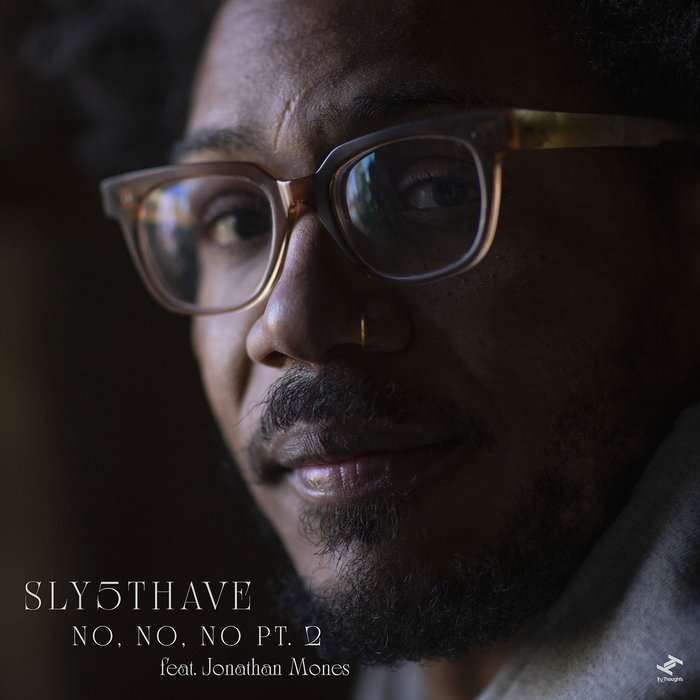
No, No, No Pt. 2 feat. Jonathan Mones – Sly5thAve
this blog is GROOVY – check out great Soul, Funk, Jazz, Hip Hop, Bass, Breaks , Reggae, House n many more TUNES
Ah, the sweet sounds of R&B and pop that defined a generation! If you’ve ever danced to “Say My Name” or belted out “Survivor,” then you, my friend, are familiar with the incredible legacy of Destiny’s Child. Let’s take a fun ride through their history, sprinkle in some interesting tidbits, and celebrate this iconic girl group!
Destiny’s Child was born in Houston, Texas – a hotbed for musical talent. In the late ’90s, two girls named Beyoncé Knowles and Kelly Rowland teamed up with childhood friend LaTavia Roberson along with another girl called LeToya Luckett, forming what would become one of the most successful girl groups ever.
Originally? They were known as Girl’s Tyme (cringe!). But after some serious rebranding and polishing (thank you management), they transformed into Destiny’s Child in 1997 – inspired by a passage from the Bible that speaks about destiny.
The debut album Destiny dropped in 1998 but didn’t blow up until their sophomore effort The Writing’s on the Wall came around in 1999. This gem featured hits like “Bills, Bills, Bills” – y’know that anthemic jam about demanding your partner pay their way. It resonated with many who felt tired of freeloading lovers.
Did you know “Bills, Bills, Bills” had its backstory too? It was written based on Beyoncé’s experiences watching her mom deal with responsibilities while dating men who weren’t pulling their weight! Talk about relatable inspiration!
As any great story goes – there were ups and downs! After releasing The Writing’s on the Wall, LeToya and LaTavia left amid some serious drama over contracts. Beyoncé worked her harmonies hard against these changes; soon enough Michelle Williams joined to round out this vocal powerhouse trio we all love today.
When LaTavia and LeToya exited the group they famously told everyone not to forget them… but boy did they make sure people remembered them when they claimed to have been pushed out during interviews! A little awkwardness never hurt anyone though—right?
With Michelle onboard for albums like Survivor (2001) which had that fierce hit track “Survivor” claiming resilience despite struggles – it became an anthem for self-empowerment everywhere! Honestly who didn’t wish they could strut down hallways just singing “I’m A Survivor”?
Let’s be real here—they became crème de la crème. Their blend of flawless harmonies mixed with killer choreography created magic wherever they went—and don’t get us started on those sparkling outfits!
In 2006 Destiny’s Child announced a temporary hiatus so each member could explore solo careers. Beyoncé blew up into supernova status while Kelly served disco vibes alongside artists like Nelly—“Dilemma” still gets stuck in our heads years later! Michelle dived into gospel music but also made waves doing Broadway shows—go figure!
Fast forward—a few years later saw a surprise reunion at Coachella 2018 which took social media by storm as Bey showcased why she reigns supreme as Queen B whilst flaunting head-turning creativity using every inch available on stage for jaw-dropping perfection!!
Today people still groove to timeless classics released decades ago because let face it—their energy can lift anyone even if they’re feeling down-and-out post break-up neither benefits nor bills included…
And let’s not ignore how they’ve paved pathways for future generations inspiring young girls everywhere telling them assertively “You can do anything—in heels.” Take note Little Mix + Fifth Harmony; DC set high standards folks.
So let’s celebrate Destiny’s Child—not only have they provided bangers upon bangers worth dancing too—but taught us several important life lessons along way:
Keep shaking those hips let grooves transport ya right back onto nostalgia lane whenever you’re cranking up D.C.’s jams again—because trust me there ain’t no stopping it once those vocals drop–y’all know what I mean?!
Now tell me…what is your favorite DC song?

No, No, No Pt. 2 feat. Jonathan Mones – Sly5thAve